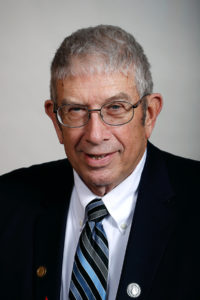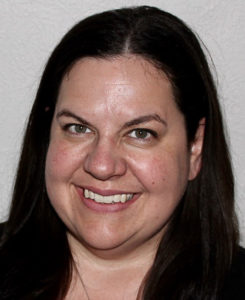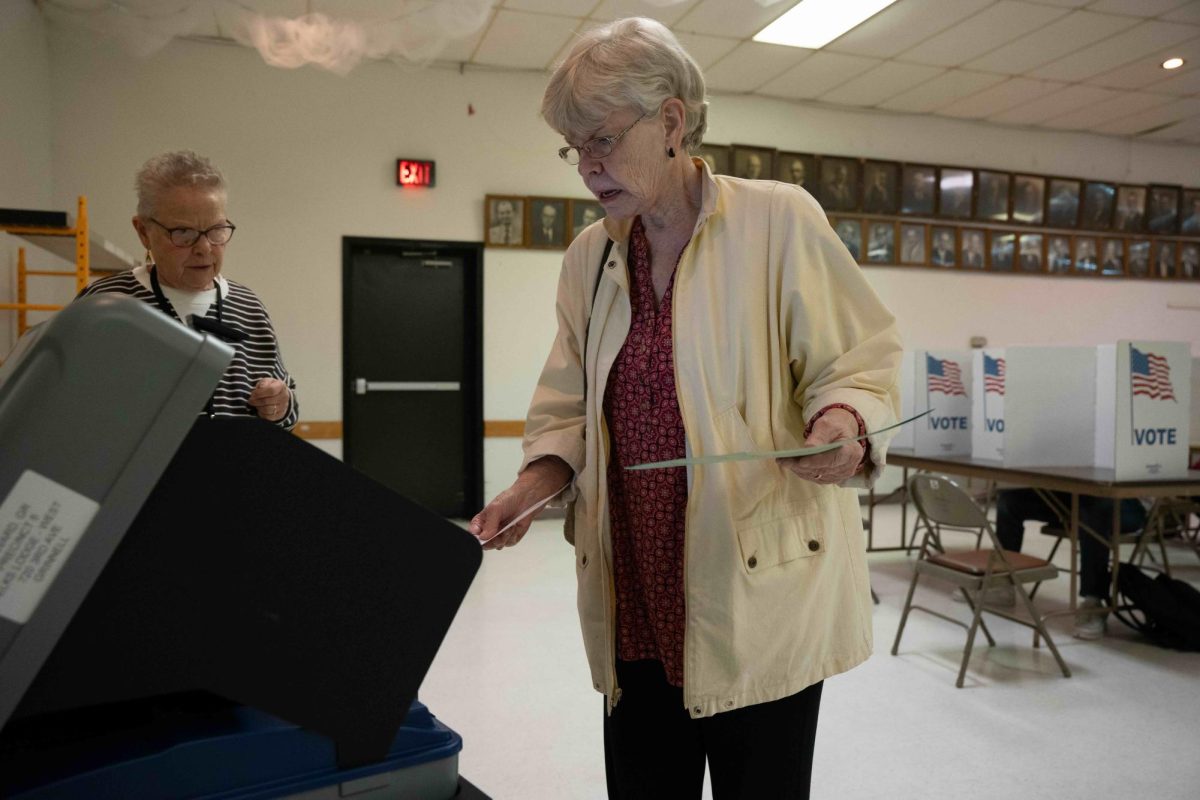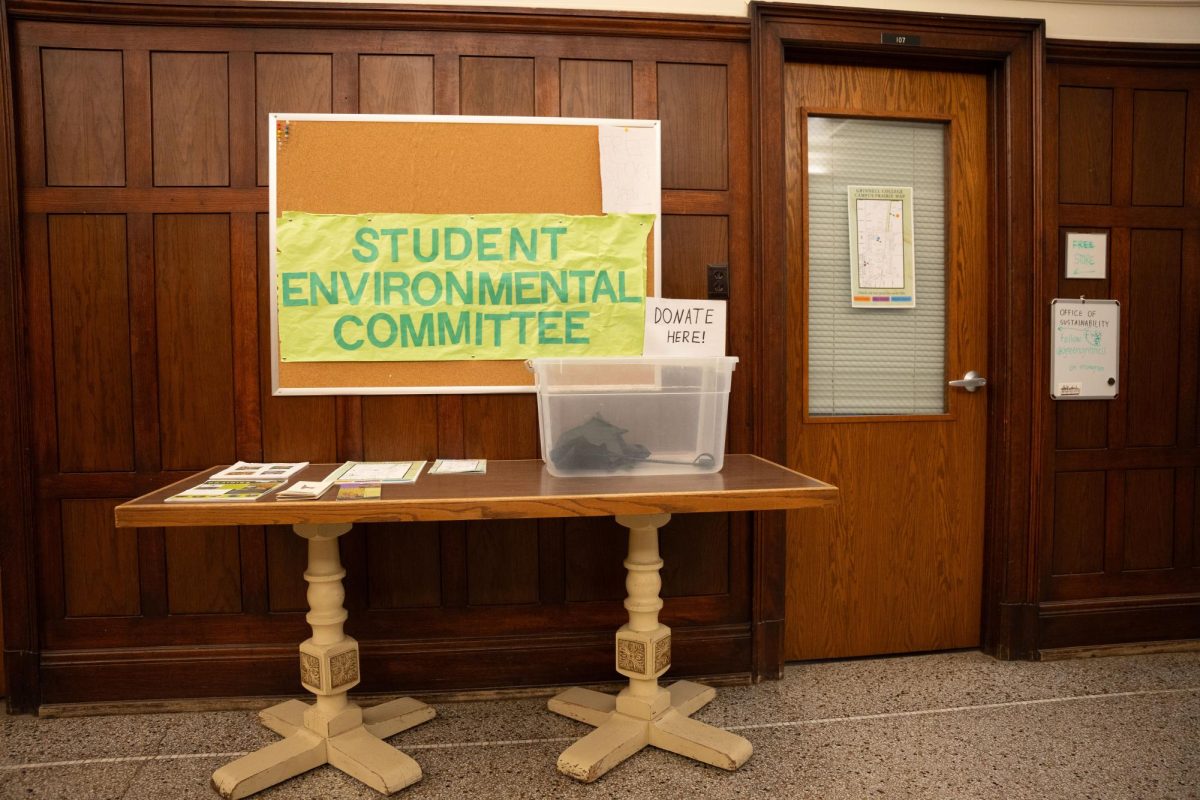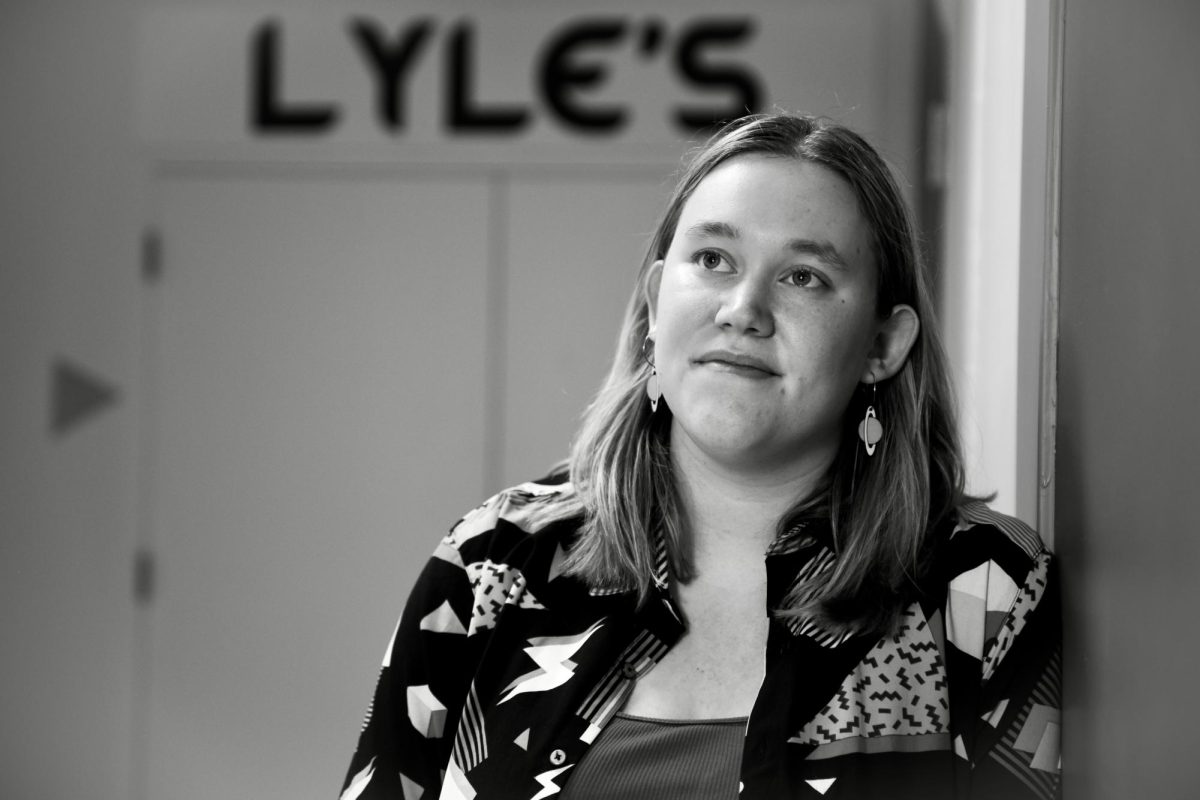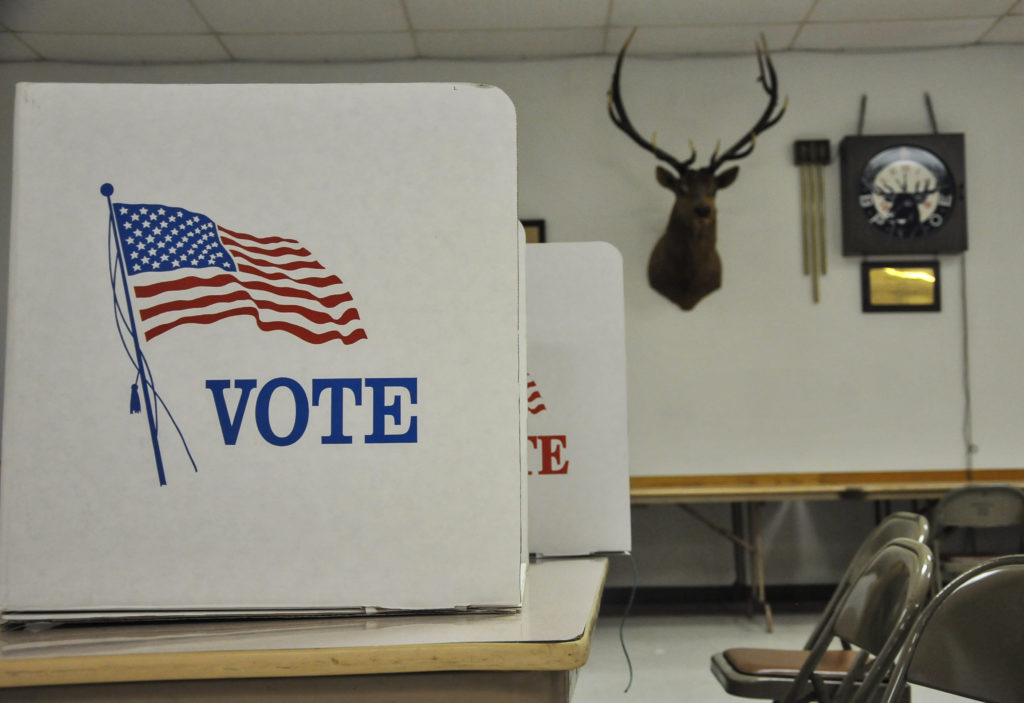When voters cast their ballots in the Nov. 6 midterm elections, constituents in Iowa’s 76th District will make a choice between newcomer Ann Egley, a Democrat looking to score an upset victory, and David Maxwell, the Republican incumbent, for the Iowa House of Representatives.
Egley views her dearth of experience in public office as a strength. “I have a lack of experience as a legislator or as a public official, but I think that’s what sets me apart. You don’t have to worry that I’ve been in the game so long that I just play by my party’s rules,” said Egley. She trained as a journalist, having worked at two newspapers and as a substitute teacher. She also served as treasurer of Democrat Jacob Tornholm’s campaign against Representative Maxwell during the 2016 elections.
Egley often speaks about issues from the perspective of the average citizen, drawing evidence and examples from her own life. “I’m here for myself, my family, and my neighbors … I want what everybody wants,” she said during a public forum Monday.
Her key campaign focus is education. “I have a daughter on the autism spectrum. She relies on a peer educator, and right now, with budget shortfalls, her education is at risk,” she said. Having grown up in a union household, Egley is a strong advocate for workers’ rights and is in favor of single-payer healthcare.
However, in a district that has kept Representative Maxwell in office for the past three elections, it may be difficult for Egley to make a case for change that resonates with voters. Describing himself as a “fiscal conservative and a social moderate,” Representative Maxwell touts his roots and his tenure above all else: “I’m a small business owner and a farmer. I’ve been operating my business for 44 years, and we’re still doing business in the same spot.”
He also touted his bipartisan appeal, saying “[Most Democrats in the State House] think I’m a great guy. Republicans don’t always think I’m a great guy.” Still, Maxwell offered few solutions when it came to achieving legislative compromise in an ultra-partisan political environment.
Maxwell stated that his biggest goal was improving mental health care in the state. Mental health has long been an issue for Iowans, and a recent bill tackling the issue was passed earlier this year by lawmakers.
On the issue of taxation, Egley argued that middle-class tax increases do more harm than good, but floated the possibility of increasing taxes for corporations doing business in Iowa: “If you’re making a million dollars or more, if you’re a corporation, if you’re a business that’s using the market in Iowa to make a profit, then maybe we should [re-examine] how much you’re paying, and how much you should give back to the state that’s making you money.”
Maxwell offered conflicting messages on his taxation philosophy, saying that, “To me, the government takes their money, and if they do a good job providing goods and services back in turn for that tax money, that’s fine. But whatever the government takes is really not a whole lot different than having somebody rob you with his gun out.” He also said, “I have nothing against raising taxes if they need to be raised to cover an issue.”
Maxwell was wary of recent middle-class tax cuts. “I’m not sure that I fully approved all our tax cuts this past year, because I don’t know where they are. I haven’t received any of them,” he said. However, he ultimately voted with the Republican Party in favor of reducing taxes despite his skepticism.
Egley is also in favor of campaign finance reform. “Ever since Citizens United opened the door for big contributions from all sorts of different corporations and special interests, it’s been a problem.” According to public election finance records, she has only received funds from the Iowa People’s PAC (which organizes small Iowa donors), local labor organizations and small individual contributions. “I don’t have any corporations that are putting five thousand, ten thousand, or fifteen thousand dollars into my bank account, and I think it shows. And I think my voting record … will show that as well.”
Egley raised questions about Maxwell’s acceptance of PAC (Political Action Committee) funding. Many criticize large PACs for influencing elections by using large amounts of money, often from corporations or the extremely rich, to fund campaigns. Public records show that Maxwell has received nearly $60,000 in donations in 2018, the majority of which originates from PACs.
Maxwell was candid about his acceptance of PAC contributions. “I have no problems taking political action committee money because I have contributed thousands of dollars to PACs. That’s the only way you can get enough to make any difference to anyone, especially on the national level.”
In the choice for District 76 Representative, voters will decide between an established, three-term public servant and a bold, untested challenger promising to shake things up in the Statehouse. Representative Maxwell is betting on the connections he’s forged with area citizens and a lifelong tenure in central Iowa, while Egley believes that change is necessary to keep the state relevant and working for people like herself.
Democrats have thrice failed to unseat Maxwell, but in a year of unprecedented voter turnout and Democratic enthusiasm, this may finally be their chance.
